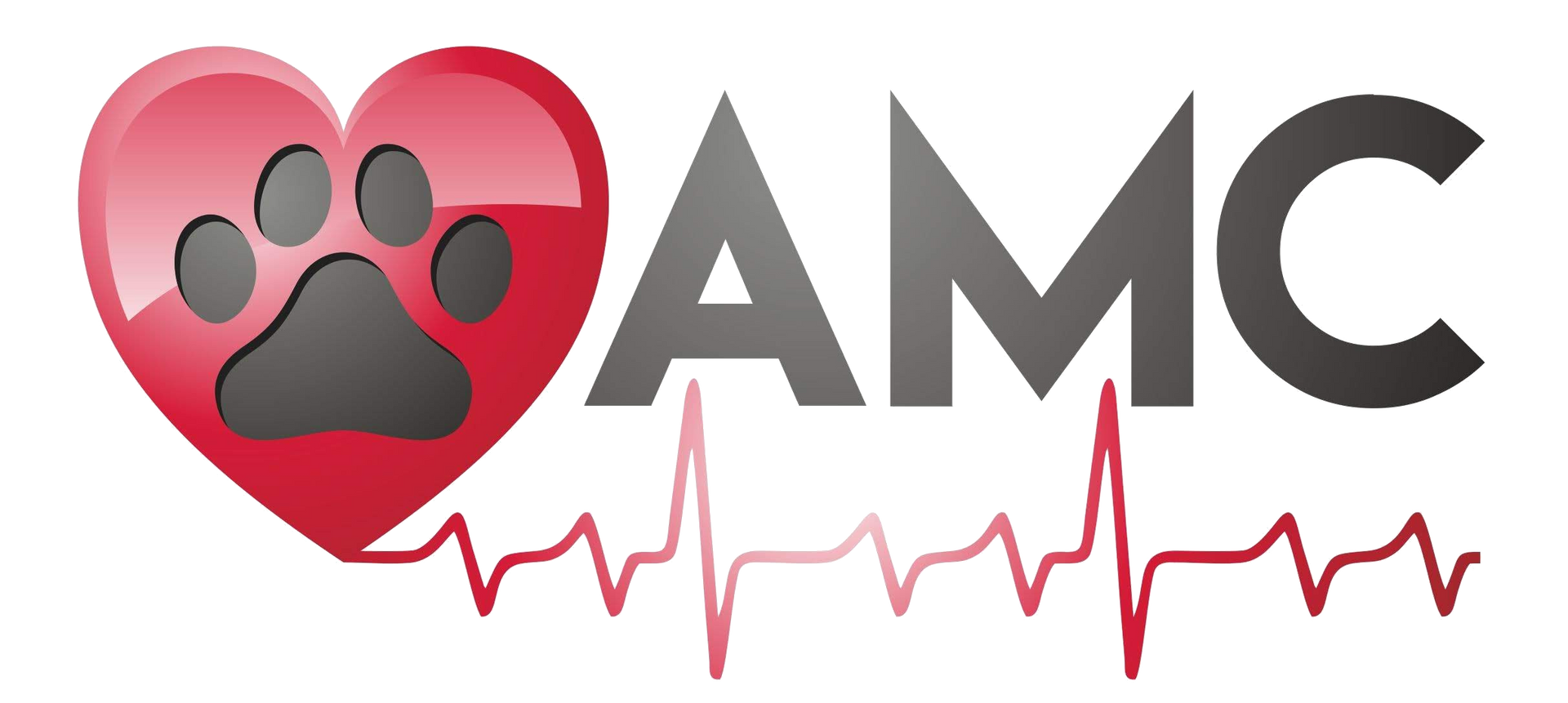General Medicine
In providing general pet medicine, Animal Medical Center can diagnose and treat a variety of pet medical needs. Our approach to diagnostic and therapeutic services is meant to allow you and your pet increased comfort while maintaining confidence that you are in capable hands. Our goal is to provide quality pet care and exceptional customer service.
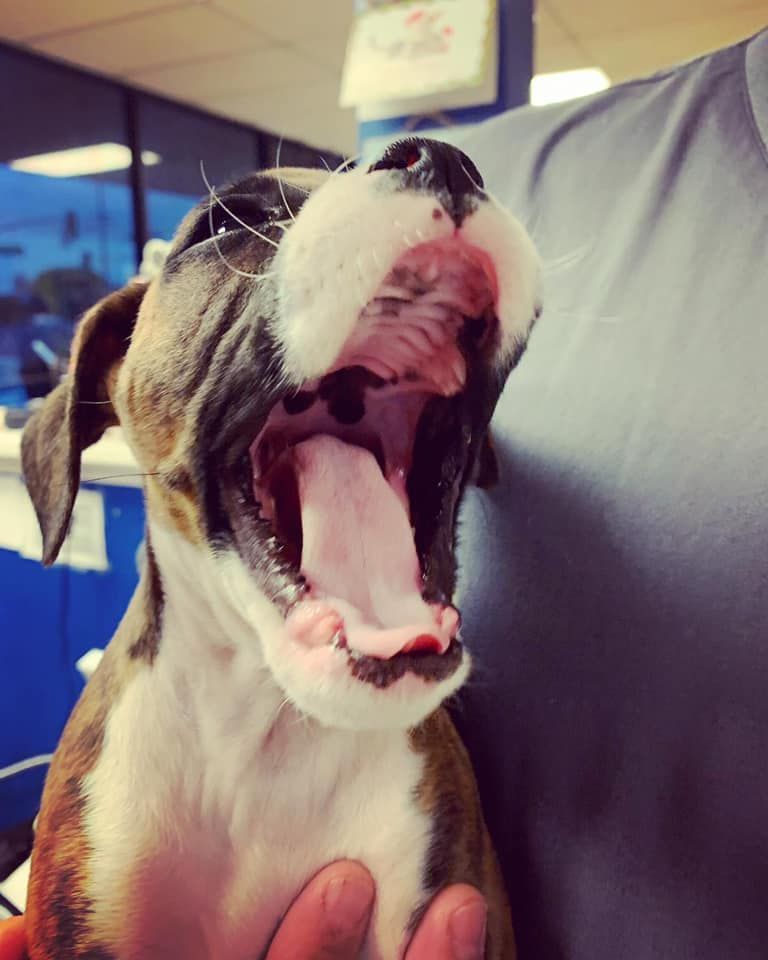
General Pet Medicine Includes the Following:
Preventative Care
Our goal is to nurture happy, healthy pets. Our preventative program relies on the cooperation between pet-owner, pet, and our veterinarians to communicate and work as a team. To maintain essential pet health, we recommend a combination of routine check-ups, balanced nutrition, regular vaccinations, and early disease detection.
Preventing pet illness is the duty of a responsible pet owner, and we strongly recommend adopting this attitude toward veterinary care.
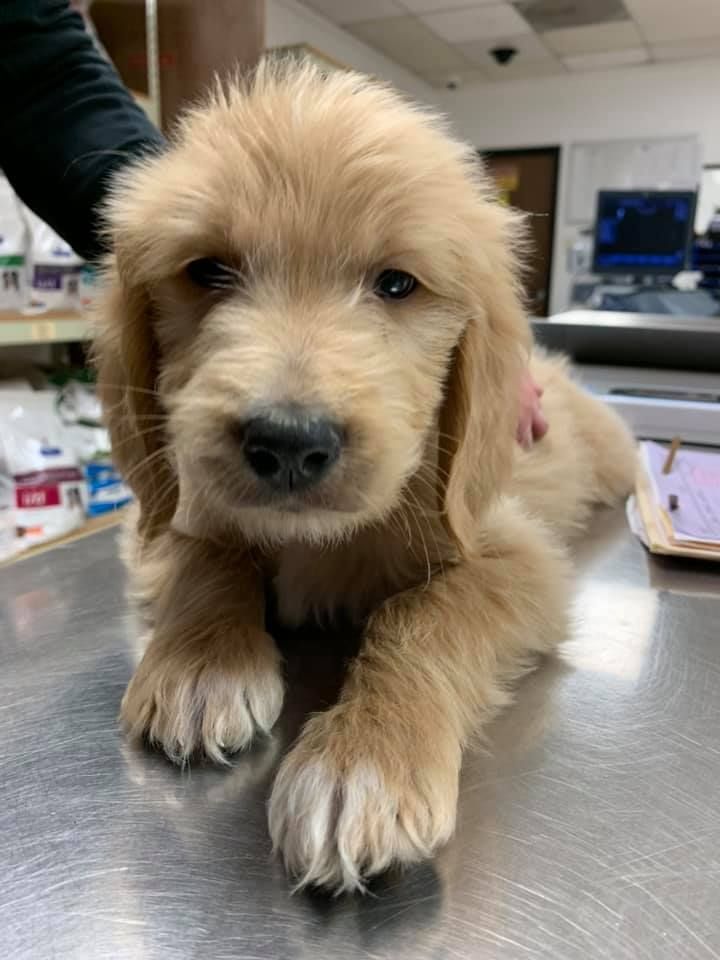
Health Certificates
If you are traveling with your pet anywhere outside of the State of California, you are required to obtain a Health Certificate that must accompany your pet. Our veterinarians are licensed by the USDA to issue health certificates to dogs and cats traveling to any state in the USA or country outside of the United States. In order to issue a Health Certificate, we must examine your pet and determine that it is free of transmissible infectious diseases. This certificate must be issued 10 days or less from your departure date. Some countries have special requirements for pets traveling into their territory. It is best to inform yourself directly with their consulate, usually in Los Angeles, to find out the latest requirements. Also, it is best to inform yourself with the airline you may be traveling with as to their requirements as well.
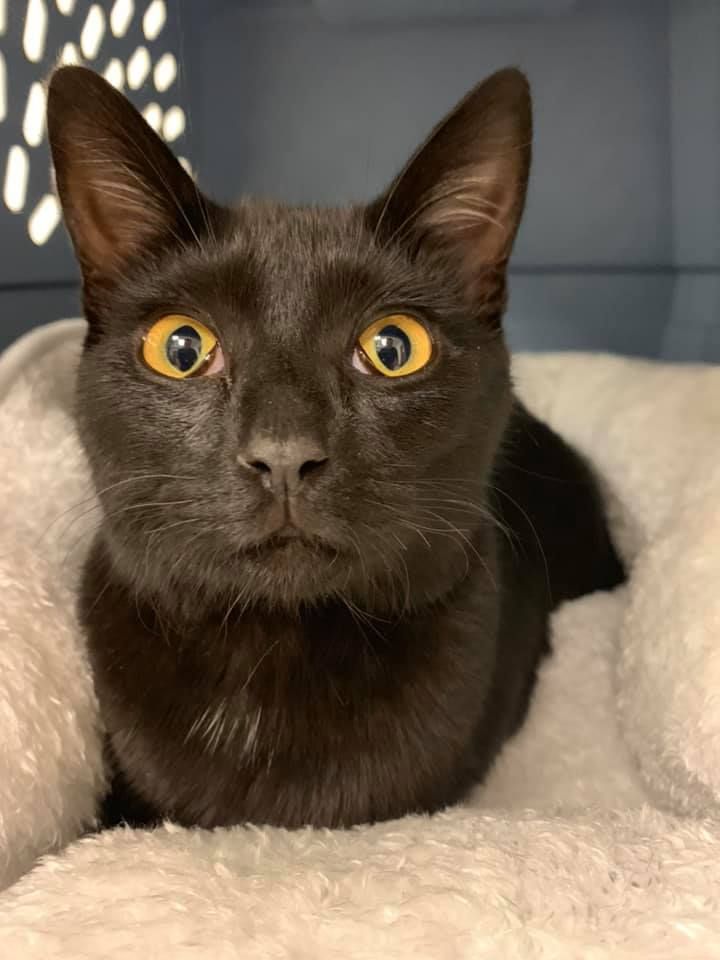

Microchipping
Even the most responsible pet owner could leave the garage door open or forget to close the gate, resulting in a lost pet. Microchipping your beloved pet could be the difference between having your pet returned and not being able to find them. While it is estimated that nearly 3 million pets in shelters are euthanized annually, some of those animals are pets whose owners were unable to find them.
Pet Nutrition
Proper nutrition, including controlling your pet’s weight, seriously affects pet health, especially as your pet ages. We carry prescription diets for all of your pet's medical conditions.
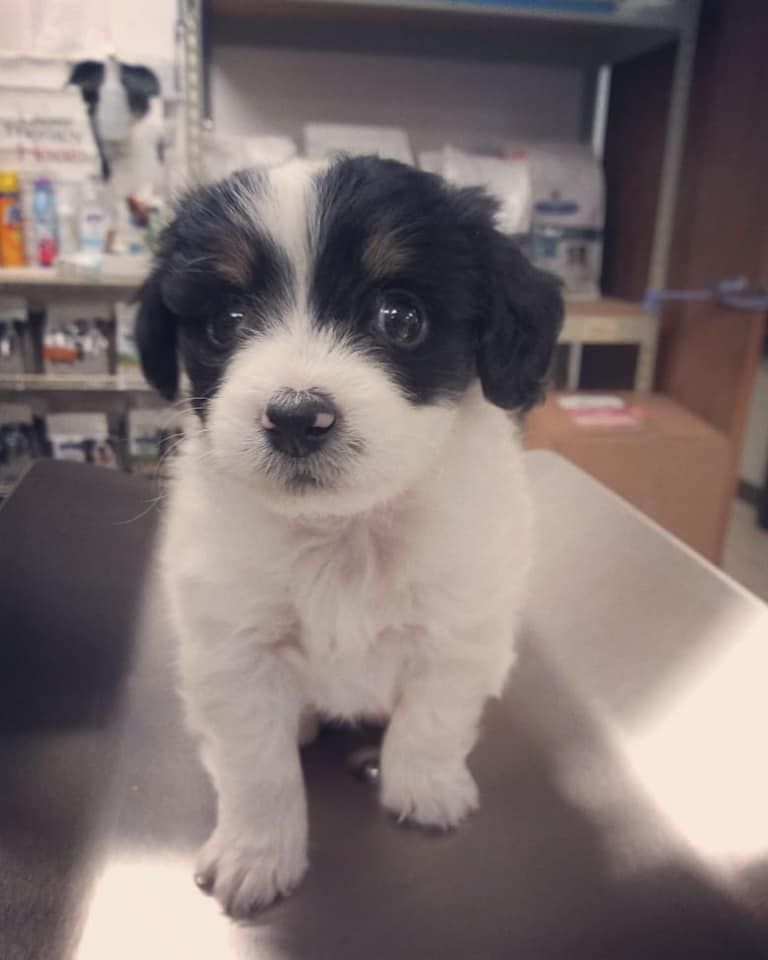
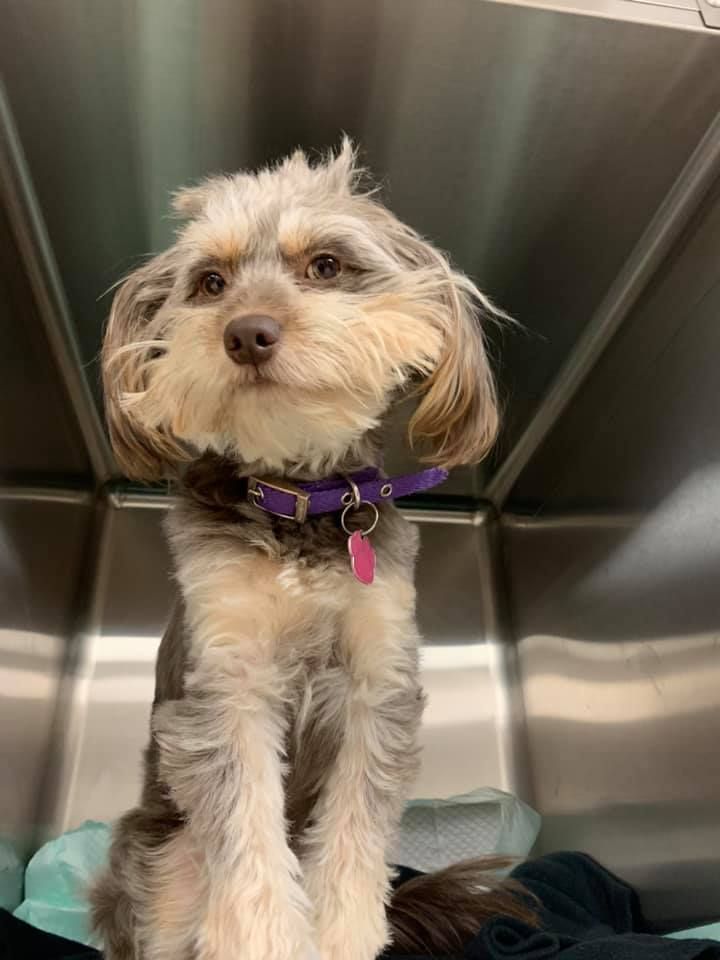
Laser Therapy
The Companion Therapy Laser System can provide immediate results without any dangerous side effects.
This is the latest technology in health care for your pet. This FDA cleared, deep-penetrating laser light allows relief of pain through the release of endorphins and stimulate the injured cells to heal at a faster rate.
Laser Therapy Provides Relief!
- Laser Therapy allows your pet to heal faster after surgery and any traumatic injury.
- It eases pain and improves mobility without the use of pharmaceuticals and surgery
- The therapy provides your geriatric animals relief of aches and pains, and allows for more freedom and improved quality life
- Everyday disorders such as lick granulomas and chronic ear infections that cause severe pain and discomfort, are instantaneously relieved
